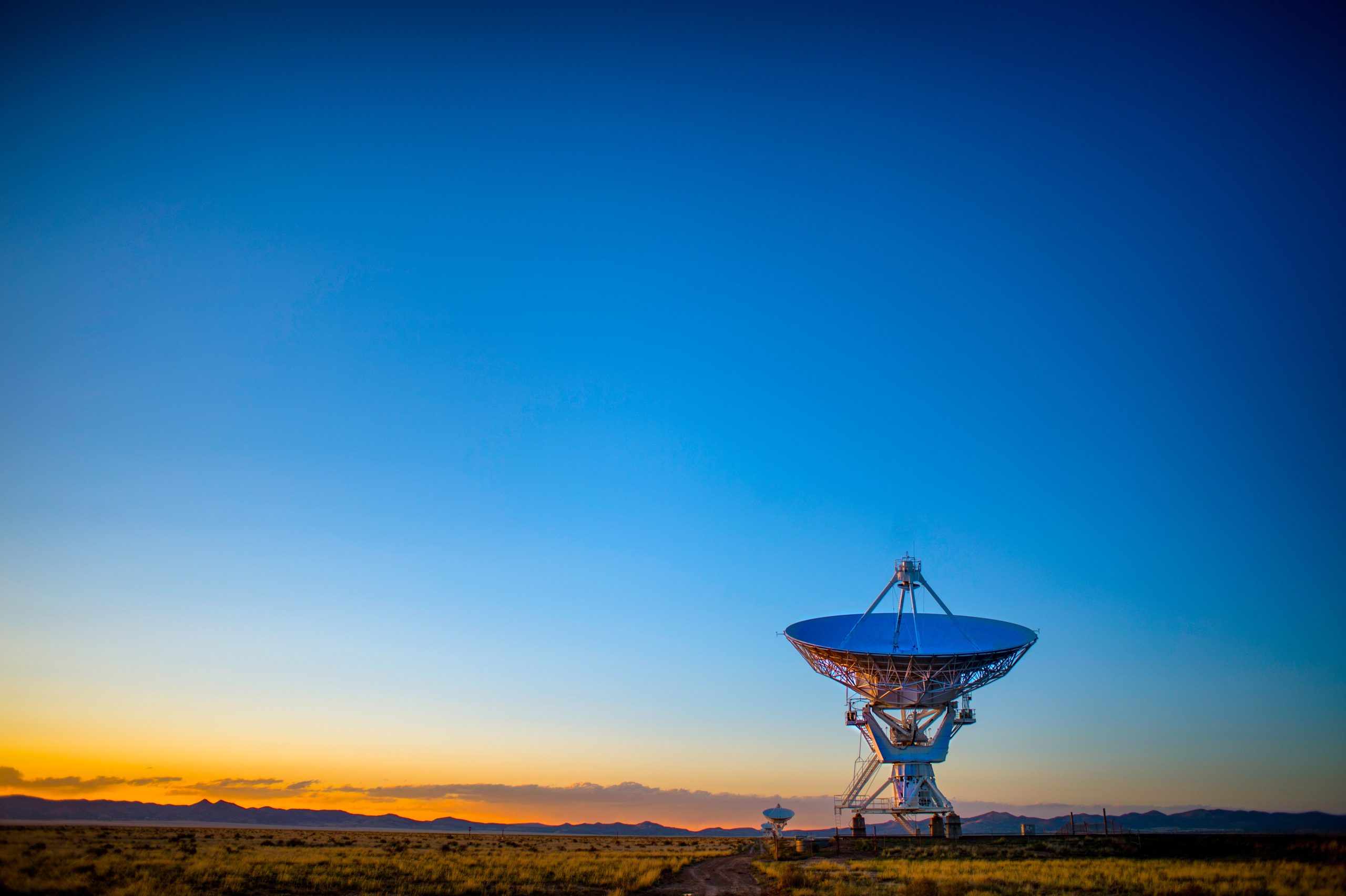I grew up on science fiction. I loved reading stories of The Future, where space travel was commonplace, where all energy was generated cleanly, and where we worked side-by-side with machine intelligences to accomplish tasks.
Of course, that wasn’t what most of the books were about; space travel, clean energy, and A.I. were just part of the background. And many of the books I read had issues– most of them failed to properly predict the role that women play in society (or often failed to credit them at all, aside from being a love interest for the hero), quite a few were somewhat racist, and all of them glossed over problems of everyday life that couldn’t simply be resolved with technology– but in the background areas of space travel, A.I., and clean energy, they were quite prescient.
“But Ryan, none of those have happened yet,” I hear you saying. And you’re right, none of these have yet reached their full potential. But in a world where SpaceX, Blue Origin, Rocket Labs, Virgin Galactic, and so many others are all working to bring affordable spaceflight to the masses (and getting pretty darn close), I think it’s safe to say that space travel will soon[1]Assuming a generous definition of “soon” become far more commonplace than it is today. We won’t be living in Star Trek, but costs will come down and won’t be the same barrier that they are today.
And in a world where renewable energy continues to make great strides, I think it’s safe for me to predict that we are well on the way to moving the bulk of our electrical generation away from fossil fuels– there are some problems to solve with electrical transmission and energy storage, but we keep moving closer to to a solution. As more companies compete for a slice of the renewable energy pie, prices will go down, efficiency will go up, and an increasing percentage of electrical generation will be from renewable resources. Energy will increasingly be stored in batteries of one kind or another, whether they be chemical (such as Tesla’s Powerpacks), mechanical (such as hydropower or compressed air), or thermal (such as molten salt paired with a concentrated solar tower). Those batteries will allow more and more of the baseload supply of energy to come from renewables, reducing dependence on fossil fuels, and paving the way for those to be slowly phased out.
Lastly, we already work incredibly closely with machine intelligences, though that intelligence isn’t quite what was predicted (at least, not yet). Work is increasingly done on computers with incredibly complicated error checking algorithms, designed to reduce mistakes that cost money and lives. Our data is sorted and analyzed by powerful computers that can correlate information thousands of times faster than we can, letting us build more complicated and accurate models to help us learn even more about the world we live in. And most impressively (for me), we can now literally talk to our computers and ask them to do things for us. I know that the first two examples are far more impactful to society, but I still can’t quite believe that I can just talk to my Google Home, have it correctly interpret what I’m asking for, and then give me an answer that makes sense and fulfills my need. It still feels like magic.
The science fiction writers I read in my youth may have written about a world that was full of more straightforward adventure than the one we live in today. But what our world lacks in swashbuckling heroes with laser swords, it more than makes up for with the amount of sheer technical wonder that we have at our fingertips each day. Fifty years ago, for me to write and publish this article would have required a bulky typewriter, a mimeograph machine to create copies of the typed article, a bunch of paper, and a stapler to staple my article up on random light poles for people to read. Today, I wrote most of this post on my Chromebook connected to the hotspot on my phone, while waiting for my car’s inspection to be finished. To publish it, I hit the big blue “publish” button at the top of the page, and trusted it would be sent out to your screen when you wanted to read it. The amount of time and effort saved by modern technology for this article alone could probably cover my grocery bill for a week. And if that’s not evidence of us living in the future, I don’t know what is.
Photo by Donald Giannatti on Unsplash
References
| ↑1 | Assuming a generous definition of “soon” |
|---|
